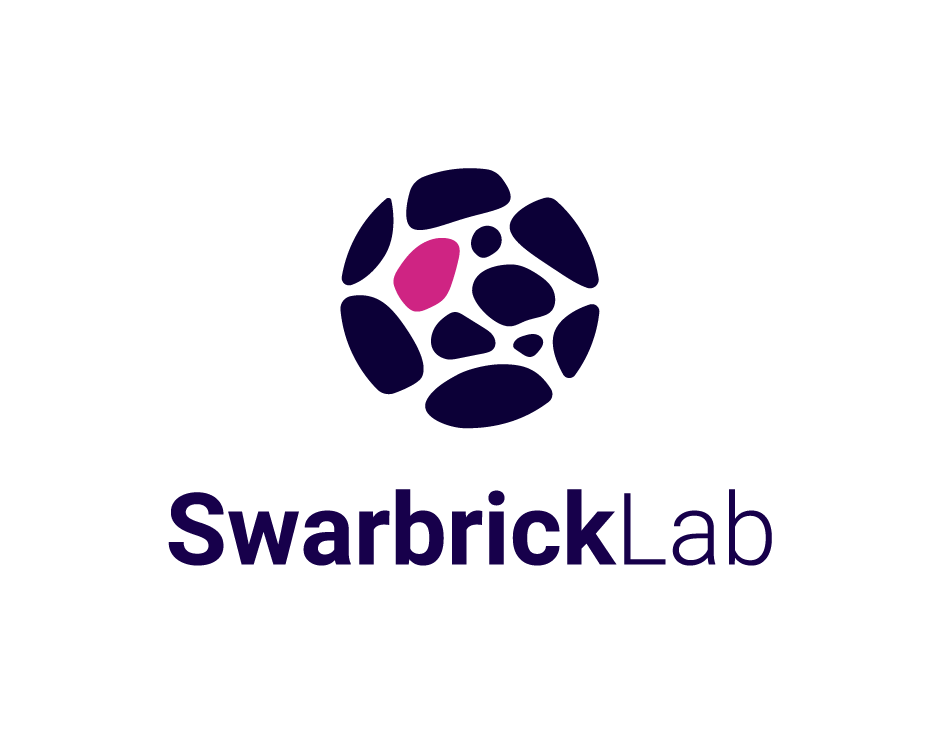Immune Oncology
Breast cancer is an inflammatory disease characterised by the influx of numerous cytokines, growth factors and tumour infiltrating lymphocytes. This immune infiltrate has been associated with improved patient survival and decreased metastatic risk by modulating treatment response. Immune therapies targeting tumour infiltrating T cells are highly effective against some malignancies including melanoma, but show poor results against breast cancer, particularly in the metastatic setting. Understanding why breast cancer responds so poorly to immunotherapy is an active area of research in the Swarbrick Lab.
Dr Lara Meital leads the B cells in breast cancer project. B cells represent ~40% of TILs and anti-cancer antibodies are present in the serum of cancer patients. However, the role of B cells in BrCa have been largely overlooked. We hypothesise that B cells have an active role in the breast cancer microenvironment, and offer targets for immunotherapy. By combining scRNAseq and highly multiplexed spatial imaging technologies, Dr Meital will address fundamental questions in the field and further elucidate the nature of B cells in breast cancer.
Dr Louise Baldwin leads in the T cells in breast cancer project. T cells are the target of currently approved immune therapies, yet few breast cancer patients benefit from this treatment. To explore this phenomenon further, Dr Baldwin is using two well-defined, syngeneic murine models of TNBC to comprehensively characterise the T cell compartment in the context of immunotherapy treatment. Her research will combine scRNAseq and spatial technologies to reveal fundamental insights into T cell behaviour at the systems level.
Jessica Yang provides crucial support to the immune oncology team by applying her expertise to wet lab experimental work. Sonny Ramkomuth provides computational support by applying his extensive knowledge of bioinformatics and single cell multiomics analysis
-
-

Dr Lara Meital
-

Dr Louise Baldwin
-

Jessica Yang
-

Sonny Ramkomuth
-

